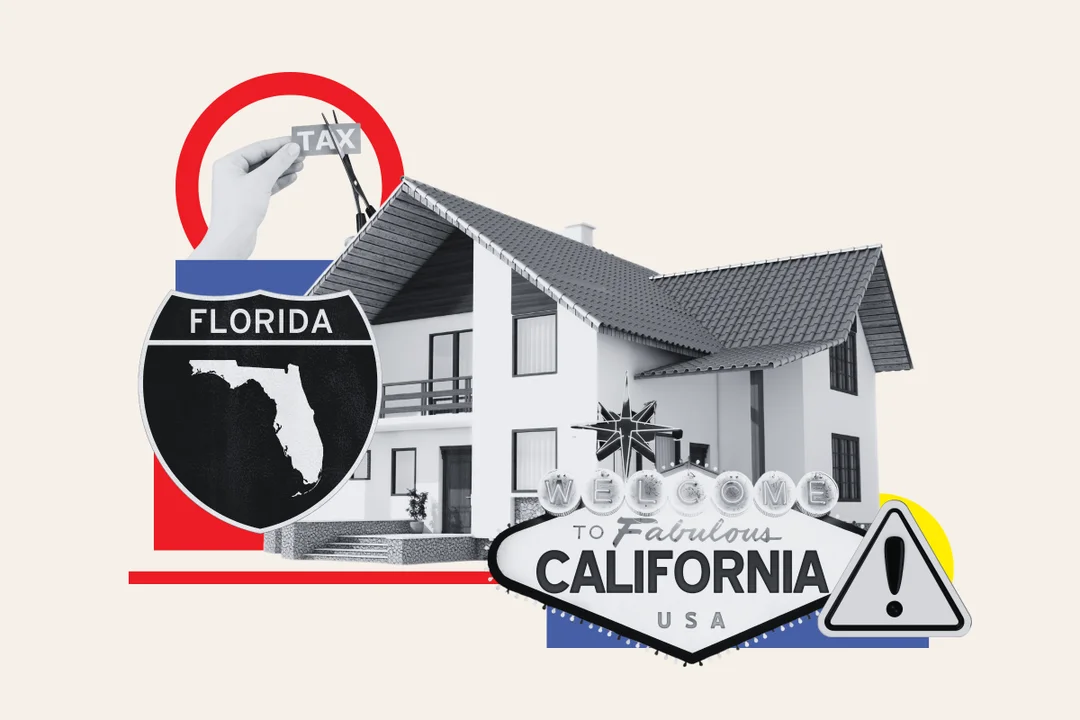
Florida’s Bold Push to Slash Property Taxes Sparks Fierce Debate — Will It Backfire Like California?
Florida is at the center of a high-stakes debate over property tax relief, with Governor Ron DeSantis pushing headline-grabbing proposals that could radically reshape the state’s finances — and possibly echo the cautionary lessons of California’s past. As the legislative session nears its end, lawmakers face mounting pressure to ease surging housing costs while safeguarding the state’s fragile fiscal foundation.
Governor DeSantis has gone all-in on property tax relief, proposing $1,000 rebates for homeowners to offset mounting school tax bills, and even floating long-term plans to abolish property taxes altogether through a future constitutional amendment. "Property taxes effectively require homeowners to pay rent to the government," DeSantis emphasized, framing the rebate as a lifeline for millions of embattled Floridians. The plan aims to bring swift help to over 5 million households by December 2025, as median tax bills in metros like Jacksonville and Miami have skyrocketed nearly 60% since 2019.
However, the Governor’s plan has met sharp resistance in the legislature. The House instead approved a historic $5 billion sales tax cut, lowering the statewide rate from 6% to 5.25%, touting broad-based relief that benefits shoppers and lower-income residents alike. But DeSantis fired back, “I don't want to reduce taxes on Canadian or Brazilian tourists. I’d rather them pay more and us pay less." Senate President Ben Albritton split the difference: He proposes eliminating sales tax on clothing and shoes under $75, laser-targeted to help regular Floridians, plus a study on the feasibility of ending property taxes.

The stakes are enormous. Property taxes generate about $50 billion annually — Florida’s lifeblood for school funding and local services. Eliminating them, warns the Florida Policy Institute, could devastate county and city budgets, wipe out half of school district funding, and force steep hikes in alternative taxes or user fees. Relying on sales taxes could double the rate to 12%, hitting low-income residents hardest in what is already the nation’s most regressive tax system. A recent poll found nearly 70% of Floridians prefer keeping property taxes over hiking sales taxes to those levels.
For a glimpse of the future, experts point to California’s 1978 Proposition 13, which capped tax rates in the midst of skyrocketing values — much like today’s Florida. Initially hailed as tax relief, Prop 13 led to a raft of unintended consequences: slashed funding for schools, huge tax disparities, eroded local control, locked-in long-time homeowners, and a housing market that penalizes young families and rewards investors. Commercial giants like Disneyland still pay taxes as if it’s 1978. “What began as relief for retirees evolved into a massive windfall for wealthy property owners and corporations, at the expense of essential services and equity,” says Rita Jefferson of the Institute on Taxation and Economic Policy.
Florida already has a “Save Our Homes” law capping tax increases for homesteaders, but total elimination would be far more radical. “Abolishing property taxes is a massive cut for wealthy people and companies. For low- and middle-income families, it risks new taxes on things like groceries, parks, libraries, and school districts,” Jefferson warns. Historical evidence suggests tourism can’t fill the revenue gap: “There is simply no way to make up the $55 billion localities collect.”
With the legislative session’s end looming, the standoff remains unresolved. Will Florida deliver on the governor’s bold vision, strike a compromise, or chart a uniquely Floridian path? Or will it stumble into the same pitfalls once seen in the Golden State?
What’s your take on Florida’s tax battle — innovative relief or risky gamble? Join the conversation below and share your thoughts!